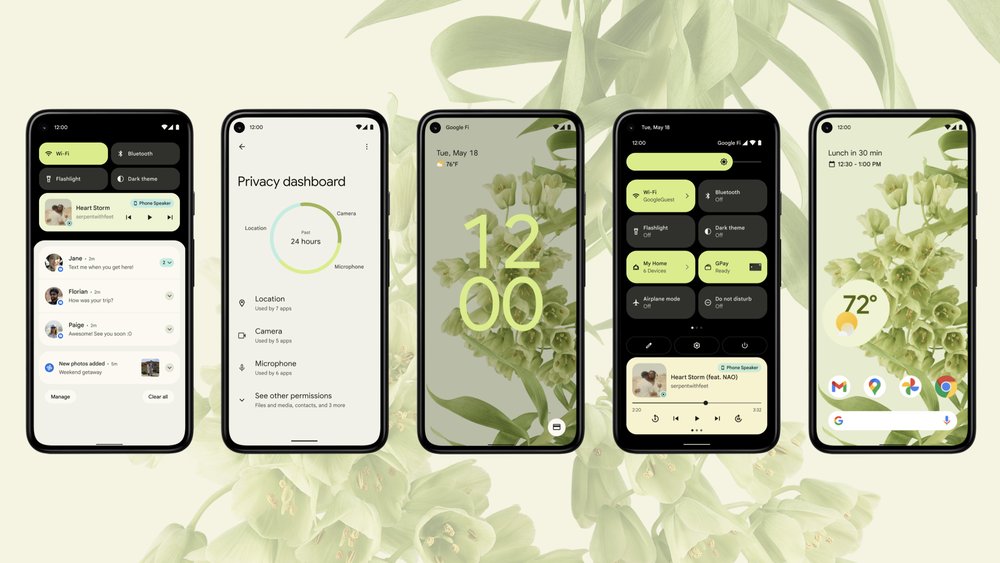Android’s messy (and, frankly, inexcusable) text messaging ecosystem has been the subject of quite a few blog posts (including mine).
Over the past several months, it seems like they have been trying to improve the situation…kind of.
However, their latest move at improving the situation seems drawn from the playbook of blowhard politicians, not an innovating tech giant.
“Fix” Texting
The above-the-fold text on Google’s new website says it all:

What is RCS?
RCS (Rich Communication Services) is a carrier-centric messaging standard developed by the GSMA in 2008. While it’s definitely and improvement over MMS and SMS (SMS was developed in 1986!), it’s hardly modern.
Some of the things that are missing from RCS (that iMessage and other “modern” messaging apps have) include multi-device messaging and encryption.
Interestingly, one of the benefits of RCS that Google specifically calls out on its FAQ (at the bottom of the page) is encryption.
Which leads to…
Google Wants Their Proprietary RCS
Right now, the biggest app on Android that uses RCS is Google’s Messages app (remember, there’s also Google Chat (a Slack wanna-be) and Google Voice (SMS-only)). Samsung’s Messages app also uses RCS, but it’s the only other app allowed to use Google’s proprietary RCS API.
Which leads to the next point. RCS provides many of its additional features by having a backend server to do a lot of the heavy lifting. Who currently has servers that are capable of covering the load of adding millions of additional users? Well, Google bought the leading RCS service provider, Jibe, in 2015. This means that messages to and from Apple users would be running through Google servers. That would be a hell of a lot of additional data for Google to use in targeted advertising.
And while you may be thinking that the end-to-end encryption in Google’s fork of RCS would prevent Google from detecting the contents of messages, remember that encryption:
End-to-end encryption is available in one-on-one conversations between Messages users with chat features enabled.
Group chats? Not encrypted. Using iMessage (or any app other than Google Messages)? Not encrypted. Chatting with a user who didn’t enable encryption? No encryption. Another bonus to Google – if RCS protocol uses Google’s servers, then they get to data mine all of that sweet, sweet iOS user data.
Apple Isn’t Blameless
While all of the above may be good reasons for Apple to not implement RCS (or, more precisely, Google’s version of RCS), it would be nice if Apple and Google were able to improve their interoperability in the area of messaging.
However, Google’s current messaging fiasco is mostly self-inflicted. It also shows no signs of improving – Google has three “primary” messaging apps, Google Hangouts isn’t quite dead yet (shutting down in November, 2022), and Google has separate messaging functionality built into a load of apps (Google Maps, Google Photos, Google Pay, Google Assistant, Google Phone, etc.) and none of them talk to each other. In an even more foreboding move, the leader of Google Messaging (and GM of Google Workspace) left last month.
The biggest annoyance with Google’s transparent blame-game, (and leaving out the very real privacy/data collection issue) is that it undermines the fact that things could be better. And if it is ever going to be better, it’s likely not going to be because of Google’s hashtag campaign, but because Apple and Google decided to work together to build a better messaging system – bypassing telecom carriers and proprietary protocols into an open standard.




